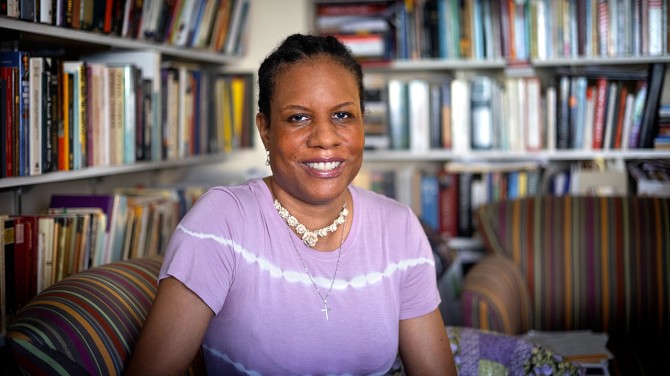Global energy demand and the growth of coal in the Asia-Pacific remains critical to securing baseload power across the region.
BP’s Statistical Review of World Energy shows coal generation is now the highest it has ever been – increasing 6.24 percent over the past two years, representing 38 per cent of all electricity generation.
200,000 MW of new coal-fired generation capacity is now under construction globally.
Zero emission nuclear energy is also providing more than 10 per cent of all electricity, and continues to grow – now at its highest since 2008.
The global emissions trend means the ongoing development and cooperation in our region on carbon capture, utilisation and storage (CCUS) is more important than ever.
MCA supports participation in global agreements such as the Paris Agreement, which would hold the increase in the global average temperature to well below 2°C.
CCUS is the only clean technology capable of decarbonising major industry.
The Intergovernmental Panel on Climate Change (IPCC) and International Energy Agency (IEA) have confirmed that CCUS is the only technology able to decarbonise large industrial sectors, particularly the steel, cement, fertiliser and petrochemical industries.
CCUS has been working safely and effectively for 45 years. There are now 18 large-scale facilities in commercial operation around the world which complement investments in renewables.
Zero emission nuclear energy providing more than 10 per cent of all electricity, and that it continues to grow with it being at its highest since 2008
Australian business and industry are actively working on pathways to net zero emissions.
A least cost approach to reducing greenhouse emissions is critical to ensuring Australian businesses and families and our energy trading partners continue to have access to affordable, reliable and sustainable supplies.








